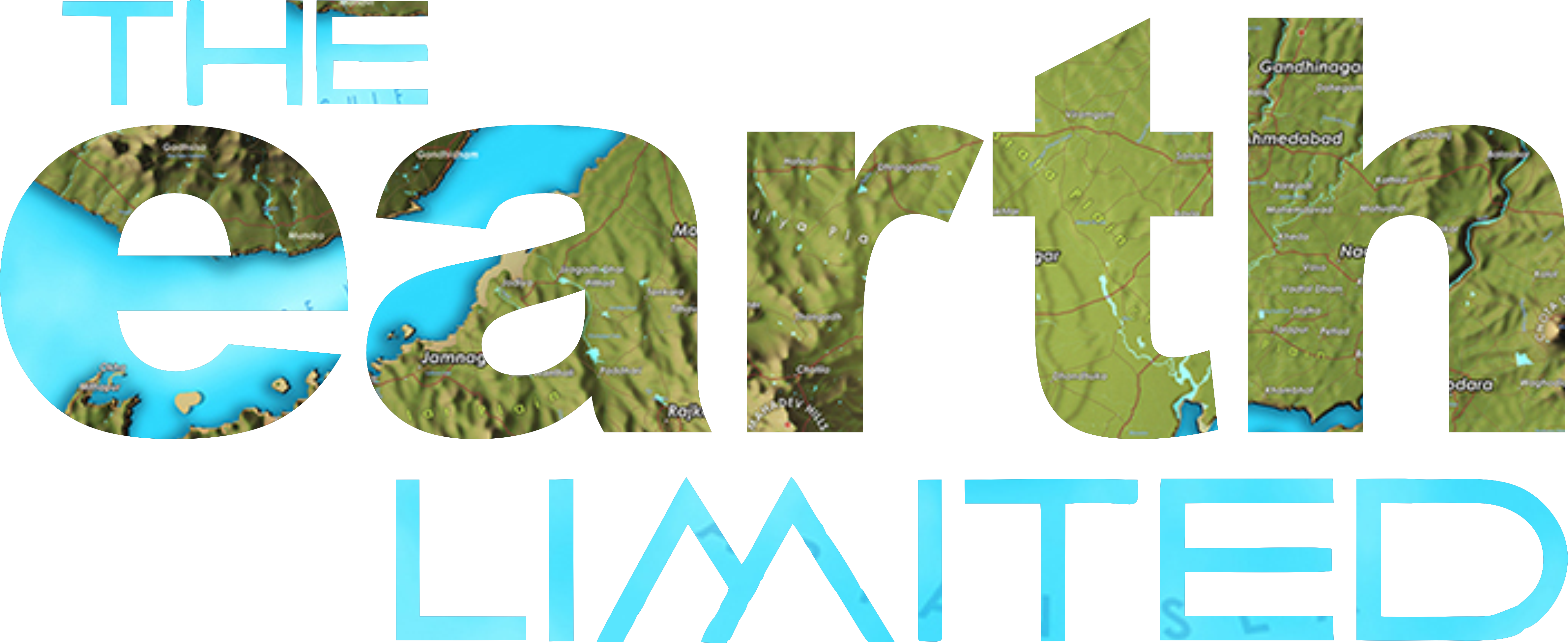Be Conscious
Of what you use and what you throw, lest you add to plastic islands in our oceans and land. Join your neighborhood armies that ‘plog’.
Next time you buy a packet of Lays or Kurkure, hit the pause button. You are now eating the junk inside. A few weeks later you could be consuming that plastic too.
How?
That packet you hold in your hand could eventually find its way from the garbage bin to the waterways and finally to the sea. Breakdown of the plastic by sunlight and water leads to micro plastics or tiny pieces around 5mm. These are ingested by the fish which are one day netted by fishermen and sold to you – value added with plastic!
Far-fetched as it may seem, the facts are astounding. Around 8 to 10 million metric tons of plastic end up in the ocean each year and there are about 50-75 trillion pieces of plastic and micro plastics in the ocean now. By 2050, the plastic in our seas will outweigh all the fish out there, informs UNESCO. A large chunk of marine debris comes from trash like plastic packaging, bottles and containers in urban runoff. A sizeable part of plastic waste in oceans comes from improper manufacturing processes and from industrial fishing. By 2018, microplastics had been detected in over 100 aquatic species, some of which live in deep ocean trenches, showing how pervasive the spread was. Plastic originating from Russia, the United States, Europe, South America, Japan, and China was found on an uninhabited isolated island between Chile and New Zealand (National Geographic).
Plastic garbage patches or gyres have been increasing in our oceans. The largest is the Pacific garbage patch measuring 1.6 million sq. kms, or thrice the area of France.

Plastic stays for 500-1000 years and even then only breaks down into the micro plastics. Either they throttle and strangle marine animals like turtles and whales, or they end up as microplastic ingested by many more inhabitants of the seas. Abandoned nets tangle with ropes, buoys and other debris to form dangerous traps for turtles, dolphins and whales. For instance, in the Indian Ocean, Olive Ridleys are particularly vulnerable.
The Olive Ridley Project sees volunteers who go scouting in the waters for discarded nets and other debris. The project retrieved over 600 net conglomerates in four years. In a fitting revenge, micro plastics have entered our food chain and been detected in water, beer and soil! Unlike the bigger pieces, micro plastic is tough to retrieve.
Unfortunately, despite the awareness not much has been done to recycle plastic, with hardly 10 per cent of it recycled. The rest ends in landfills and oceans, or gets burnt, releasing dioxins into the air. Both from sea and land perspectives, it would seem that the best way to tackle the problem is to avoid plastic waste.
- Single use plastics must be avoided or at least the manufacture be gradually reduced.
- Cloth bags should be used wherever possible. This means a simple reminder like carrying a bag when stepping out. The change has happened but needs to be manifold multiplied.
- Disposable cups and plates must be avoided. Plastic water bottles at functions and work places should be replaced with glass or steel alternatives.
- Adding to this , the provisions that you need large quantities can be bought in bulk to avoid amassing small wrappers.
- Look for multiple uses for plastic covers and cans, instead of throwing them.
- Municipalities have begun integrating the plastic waste in tar when laying roads. More such innovative absorption of the plastic we have is required.
- Above all, make a conscious decision to avoid plastic where possible.
stop before throwing a plastic cover or bottle and ask yourself if you can use them somewhere. Enterprises like Adrishya are working in Bangalore to collect waste plastic and convert them into eco-bricks. (Contact on 8618503920/9036110872) Individuals like ‘Plogman’ Nagaraj organise events during weekend to collect trash and send it to Hasirudala for recycling. Look around and there are enough wakened people plogging through the waste we discard thoughtlessly.
Unless we all vow to make the change, we will be carving out more and more barren plastic islands in our seas and oceans. We will be indirectly responsible for killing marine life. So also terrestrial life – plastic has been recovered from the stomachs of cows and elephants! We too will be consuming more and more micro plastic.
Will that make us more flexible and lasting, or toxic? Let’s not find out.
(Write in to us about individuals or organizations working to recycle plastic.)
